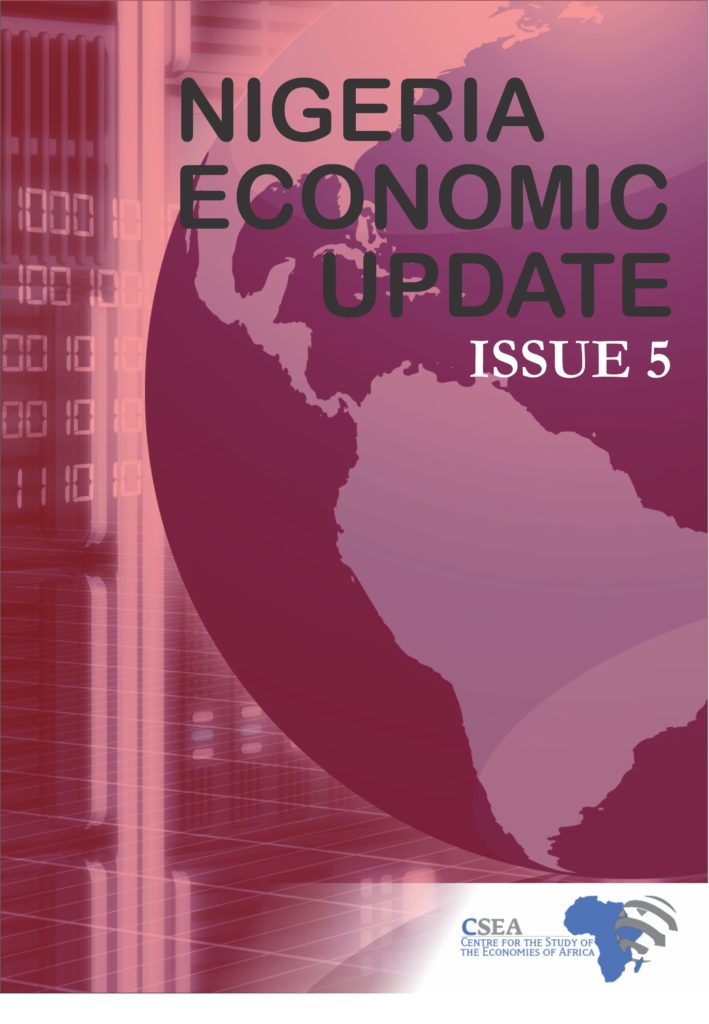Macroeconomic Report & Economic Updates

February 22, 2018
Nigeria Economic Update (Issue 5)
Recently released media highlights show that Nigeria has dropped in terms of macroeconomic indicator rankings in 2018. With a headline index of 2.77, Nigeria is ranked 158th globally out of 181 countries five places lower than the previous year rankings. Indicators suggest that Nigeria is presently behind 28 other African countries, and just ahead of only 4 West African countries (Mauritania, Togo, Niger and Guinea Bissau).
Related
Economic Growth And Job Creation (2012 Q3 To 2013 Q4)
This report examines the pattern of
economic growth and employment generation in Nigeria based on quarterly data.
It also analyzes the quality of job creation, dynamics of output and employment
and establishes the link or absence thereof between economic growth and labor
demand.
